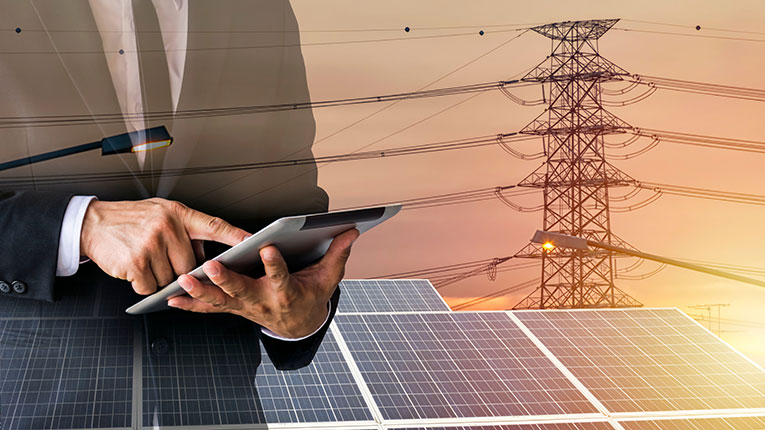The storm created by government policies, consumption trends and technology is accelerating the energy transition, but while most debates focus on renewable energy and infrastructure, customers are rather ignored, according to the EY Navigating the Energy Transition Consumer Survey.
“While cost remains the most critical factor in driving purchase decisions for current adopters this by itself will not drive long term success. Our research suggests that a focus on six strategic imperatives can help energy providers reshape to build a people-centered, technology-enabled business that engages consumers and increases new services adoption and retention. The findings are especially relevant in the context of the Romanian energy prices full liberalization,” said Mihai Drăghici, director of Consulting, EY Romania.
According to the study, 92% of respondents benefit from at least one new product or service in the field of energy in the household, 86% are interested of their own sources of energy generation, 25% are considering purchasing an electric car and 13% are thinking of install storage capacity in batteries over the next three years.
“This combination of growing interest and increasing adoption of energy solutions is fundamentally changing the industry’s historical relationship with largely passive energy users. We are seeing the rise of a new more active and engaged type of consumer – the “omnisumer”. This is a person or business entity who participates in a dynamic energy ecosystem across a multitude of places, solutions and providers,” the statement said.
The quoted source points out that with the new type of energy consumer, the “omnisumer”, the demand for complete, simple but at the same time sophisticated solutions, and for integrated experiences will become the new starting point for easy interaction. The energy suppliers that are rapidly developing a mature and, at the same time, simplified ecosystem, in which “omnisumers” can exchange value, will benefit.
According to the study, consumers are increasingly interested in adopting new energy products and services when the benefits converge on three key themes: saving money, saving time and saving the planet.
Although cost remains the most important factor in making purchasing decisions (53%), environmental impact (47%) and ease of living (34%) are also basic criteria. These factors become even more important for consumers considering purchases in the next three years, cost being a critical element for 67% of respondents, environment for 51% and comfort for 36%.
